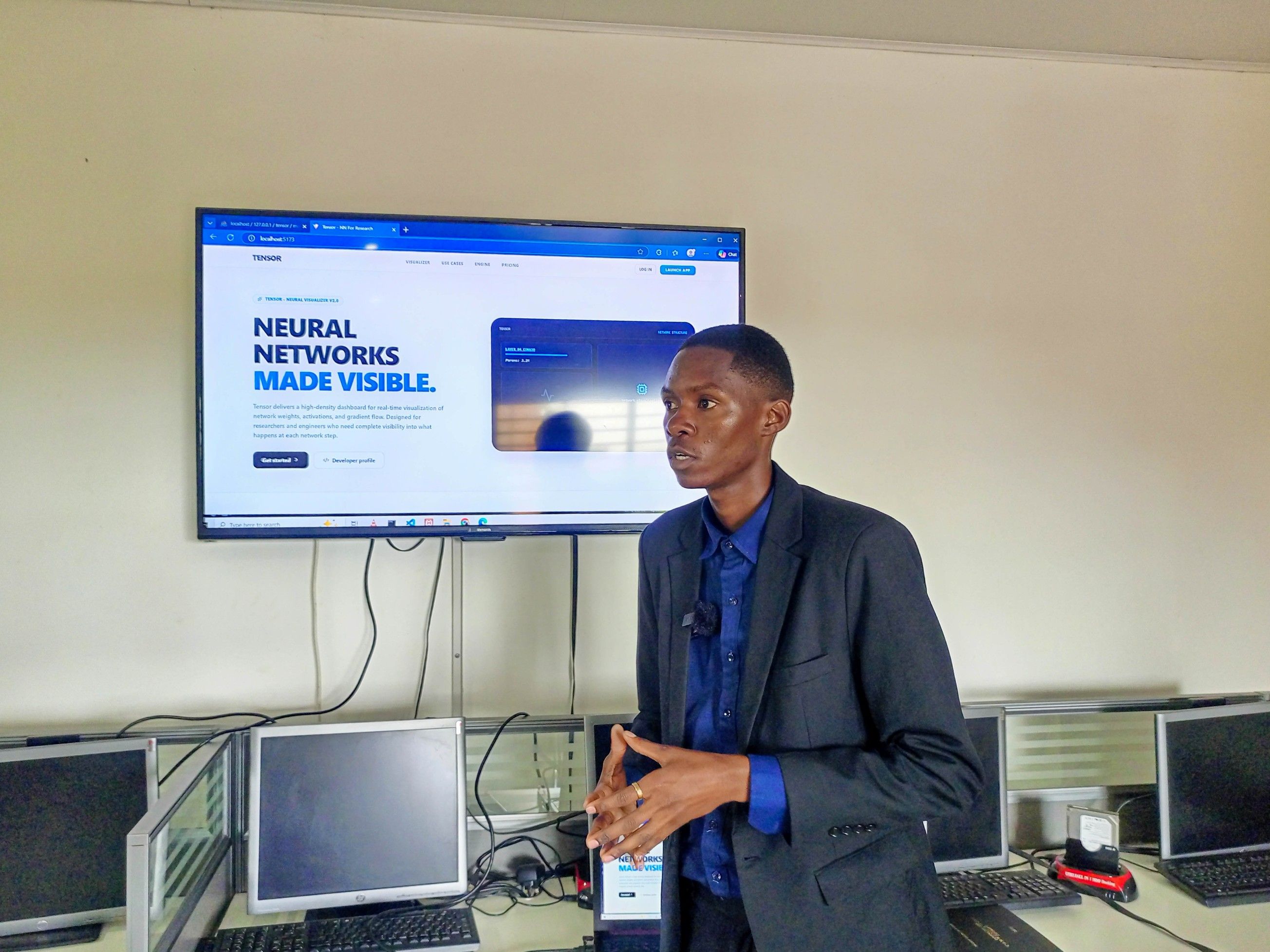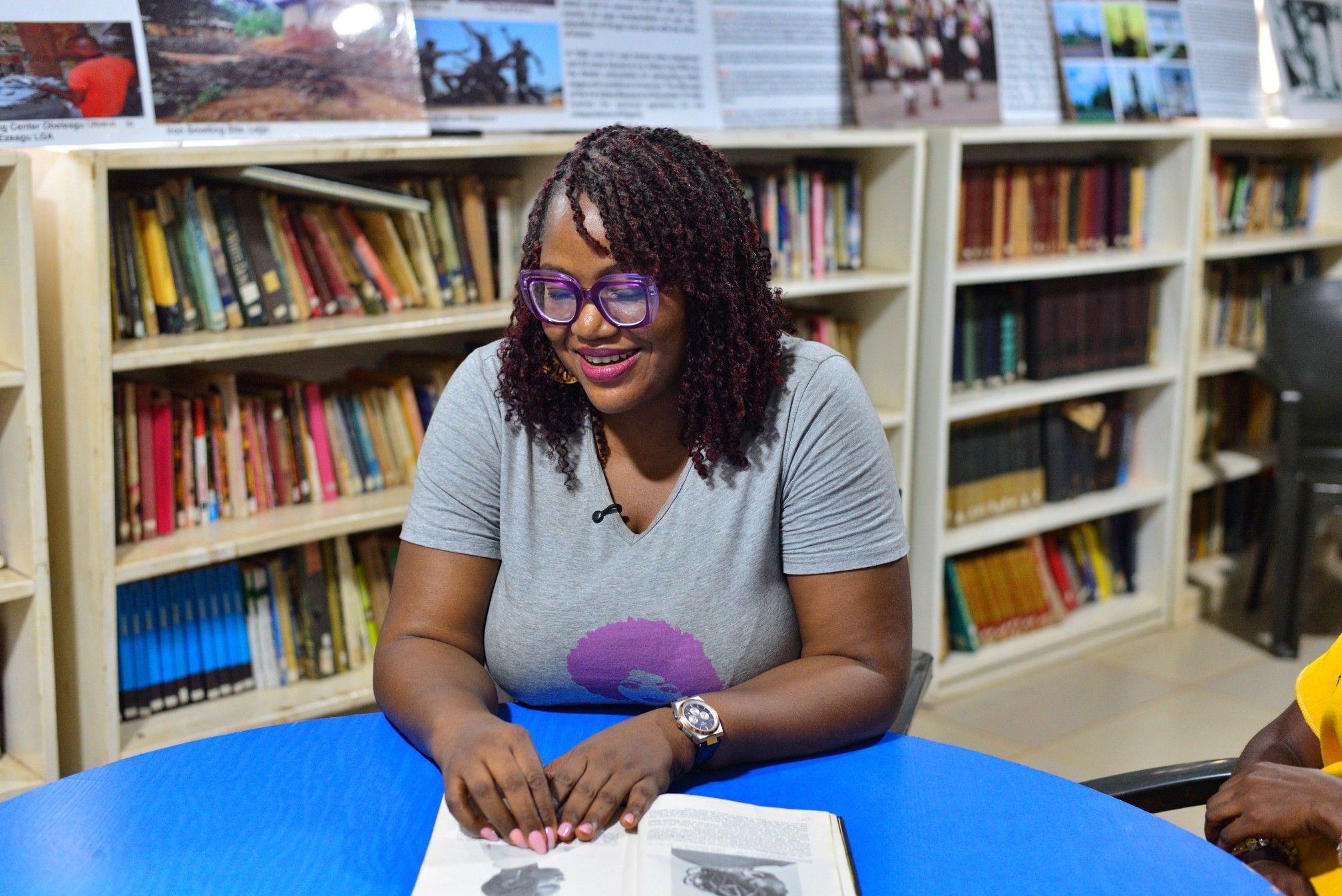Editor's Note:
There are two types of alcohol indulgers. Those who bend an elbow too much in one sitting and end up sloppy drunk, and the moderate ones who get nicely boozed, maintaining control. One for the road VS too many for the troughs. Otieno Opondo knows this story too well. In the following personal essay which he pens, Opondo gathers us around a campfire, where he tells a story. His story. Of how an ugly experience with beer at a party embarrassed him and brought out the author in him, with his debut novel "Beer Pressure". In his own words, he says the ugly experience made him "vomit his self-esteem."
Opondo also takes us through his early childhood and how his father's small library bathed him in love for books, and stories. He then wraps it all up in a compelling discussion on the role of a writer in society. Welcome aboard flight Otieno Opondo, please do fasten your seatbelts, and enjoy the flight.
***
Why beer pressure?
It all started with a bottle of beer. One sunny morning in April 2019, I headed out for a traditional Kurian wedding in Nyamtiro, Migori County, smack on the Kenya – Tanzania border. Had anyone whispered in my ear that later in the day, beer would embarrass me in front of right-thinking members of society, I would have switched off my phone, locked myself indoors, and thrown the keys through the window. But no one did.
So, I went to the wedding. And who could blame me? I was in a celebratory mood. Just two days earlier, I had successfully defended my MSc thesis and was on course for graduation. This was a milestone that called for a celebration. And where else would I celebrate if not at a wedding party full of friends and acquaintances?
On the material day, I tied myself grasshopper. In other words, I dressed to the nines, having retrieved from the closet a black, bespoke Italian suit set aside for special occasions. To say that I was smart is an understatement; I was sartorially elegant. My host had intimated that as a serial bachelor, I would find the perfect Tanzanian wife at the wedding, so I put my best foot forward. Our delegation arrived in Nyamtiro, and, after executing the matter at hand, it was now time for song and dance. I lined my stomach walls with my favourite meal, nyama choma, and washed it down with soda. I also mingled and got to know a few people and interviewed the potential wife. That day, my sense of humour was up there with the prices of basic commodities in Kenya.
Everyone laughed at my jokes, and I could tell I was the life of the party. Everything was going according to plan until someone brought in crates of Tanzanian beer. Everyone scrambled for a bottle. I was not ready to be left out, so I joined the fray. I had never tasted that brand of beer before, but I reckoned that since it was the beer everyone was scrambling for, it must be worth it.
It was sweet. I took bottle after bottle. It hit the right spot, and I started studying the ingredients. Free advice – once you start studying the ingredients on a beer bottle, know you have gotten drunk, and it is time to call it quits. Just then, a dance troupe entertained us with iritungu – a traditional Kurian dance. The dance was a hit, as attested by the number of people who stood up to dance. I joined them, but then, something terrible happened. I vomited the beer, food, and my self-esteem over my bespoke Italian suit. I was escorted into the car, and when I arrived at my house, the guilt and shame ate me up, and I stayed indoors for a week. In that period, the idea to write my novel hit me.
The novel targets the youth aged 18 years and above, particularly those in University or those looking for elusive jobs. They are the ones who are easily swayed by peer pressure or overwhelmed by the strong desire to make it at any cost. Some have ended up selling their souls to the devil with disastrous consequences. As a result, I weaved humour and satire in a captivating narration to educate the youth about the dangers of peer pressure, cutting corners, and breaking the rules.
Why writing?
Growing up, my father had a small library where he stocked works by acclaimed novelists like Robert Ludlum, David Baldacci, and Nelson DeMille. At a tender age, I was introduced to J.K Rowlings’ Harry Potter series and was immersed in the fantasy world the author created. As a result, I developed a strong desire to tell stories and impact society.
Role of the writer in society
When I started writing, I was aware of the enormous responsibility of the writer in society. Far from being an entertainer, the writer is an educator. In his essay The Novelist as a Teacher, Chinua Achebe asserts that “the writer cannot be excused from the task of re-education and re-generation that must be done”. Through the trials and tribulations of the characters in their stories, readers can draw lessons that will enable them to become better human beings and, as a result, bring about positive change in society.
A writer is also an archiver of culture. Not all of us were in Nigeria in 1958 when Chinua Achebe wrote Things Fall Apart. However, we can still read about pre-colonial Nigeria and draw wisdom from the Igbo culture and cosmology that Achebe aptly captured in his magnum opus.
A writer is a prophet who predicts the future. By pointing out the ills in society, the writer can foretell what would befall society if it does not correct the ills and change for the better.
The writer holds a mirror up to society. By doing this, the writer can reveal to society details that we had not thought were there or those that we ignore and turn a blind eye to. The mirror is a truth-teller. We may not like what we see when we look in the mirror, but that is what the mirror does; reflect us. By mirroring society, the writer, in a sense, calls upon us not to live in denial but act so that the image on the mirror can be appealing. The writer uses the pen to show us our society as it truly is, warts and all. Whether we bury our heads in the sand or look the other way is up to us. The writer has done his cardinal duty.
Why fiction?
Albert Camus said, “fiction is the lie through which we tell the truth,” and he was right. By writing creatively and through genres like satire and humour, fiction writers not only entertain us but also tell us bitter truths about ourselves but in such a way that we do not take offence. In my view, fiction writers boldly speak truth to power, caricature our leaders, expose societal rot, and drive conversations. Research by Keith Oatley, a Canadian cognitive psychologist, reveals that reading fiction allows us to understand ourselves and others better, increasing our empathy, and compassion. He calls fiction “the mind’s flight simulator.” He posits that just like pilots practice flying using flight simulators, readers can understand themselves and others better by spending time with the simulations of fiction through which they can enter different kinds of social worlds, interact, and be affected by the characters they meet.
Challenges I faced self-publishing
As an indie author, I encountered several challenges along the journey. Were it not for a strong will and blind optimism, I would have given up along the way. The major challenge was financing. Self-publishing means footing all the bills from editing, proofreading, book cover design, layout, printing, and marketing. I operated on a shoestring budget, meaning that I could not get the best services in the industry. However, I used the journey to learn more about the publishing industry, and I can confidently say, I learned a lot.
Also Read: Of Made Up Deaths and Real Feelings, Is Reading Fiction Good for You?
***
Otieno Opondo is the author of Beer Pressure. To find out more about his novel and buy a copy, write to him on his Facebook and Twitter pages.





